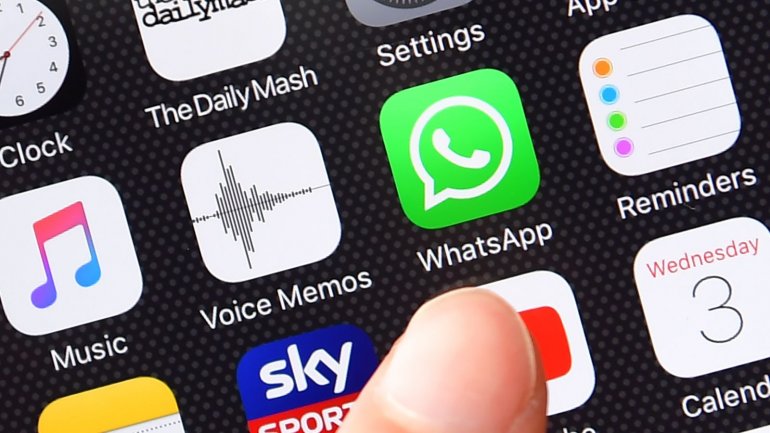UK government renews calls for WhatsApp backdoor after London attack
 foto: technewstube.com
foto: technewstube.com
Following last week’s terrorist attack in London, the UK government has renewed a familiar campaign against digital encryption, The Verge reports.
Echoing criticisms made in 2015 by then prime minister David Cameron after the Charlie Hebdo attacks in Paris, UK home secretary Amber Rudd this weekend described the government’s inability to read messages on end-to-end encrypted messaging apps as “completely unacceptable.”
“We need to make sure that organizations like WhatsApp don’t provide a secret place for terrorists to communicate with one another,” Rudd said on the BBC’s Andrew Marr Show on Sunday. “It used to be that people would steam open envelopes or just listen in on phones [...] but in this situation we need to make sure our intelligent services have the ability to get into situations like encrypted WhatsApp.”
Rudd’s comments were criticized for her apparent lack of technological understanding, but they outline a familiar and global battle between governments and tech firms. After the San Bernardino attack in December 2015, the US government made similar complaints, demanding that Apple de-encrypt an iPhone belonging to one of the shooter. (They later gave up the legal battle and used a purchased exploit instead). And in Brazil, the government has blocked WhatsApp on a number of occasions for allegedly failing to cooperate with police investigations.
- EU could demand £1.7bn from UK after customs fraud probe
- Google is latest company to brush off most of Wikileaks vulnerabilities
- Britons should keep EU rights post-Brexit - Guy Verhofstadt
- European Union, determined to yield nothing to UK in talks over Brexit
- Britain to follow Trump's ban on electronic appliances on planes
- London Terror Attack: 5 dead, 40 injured